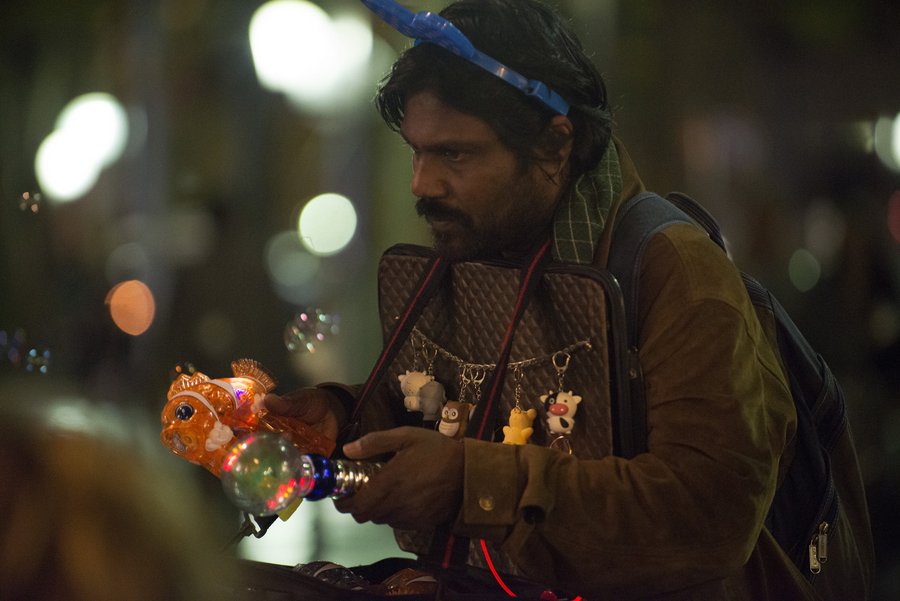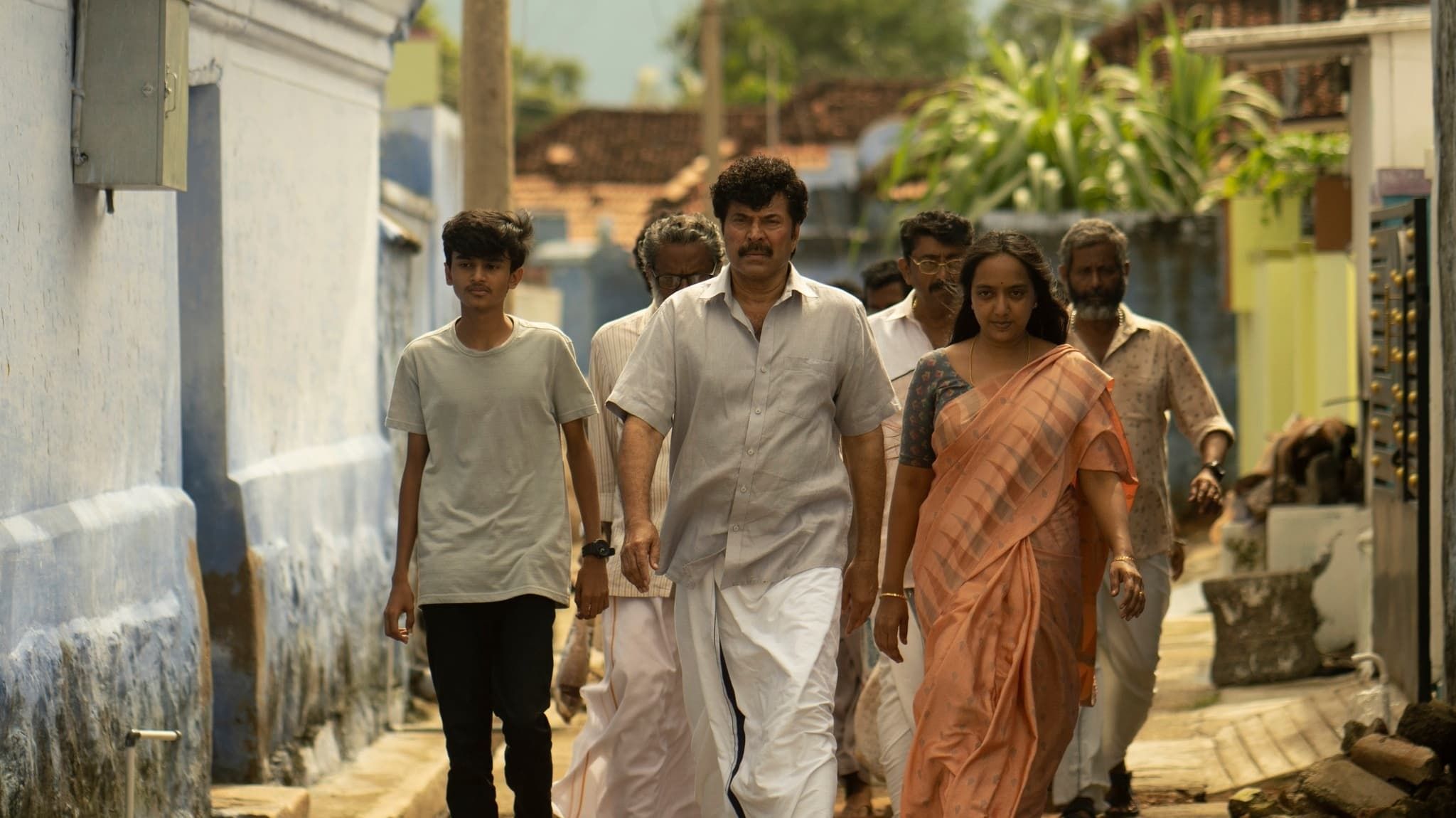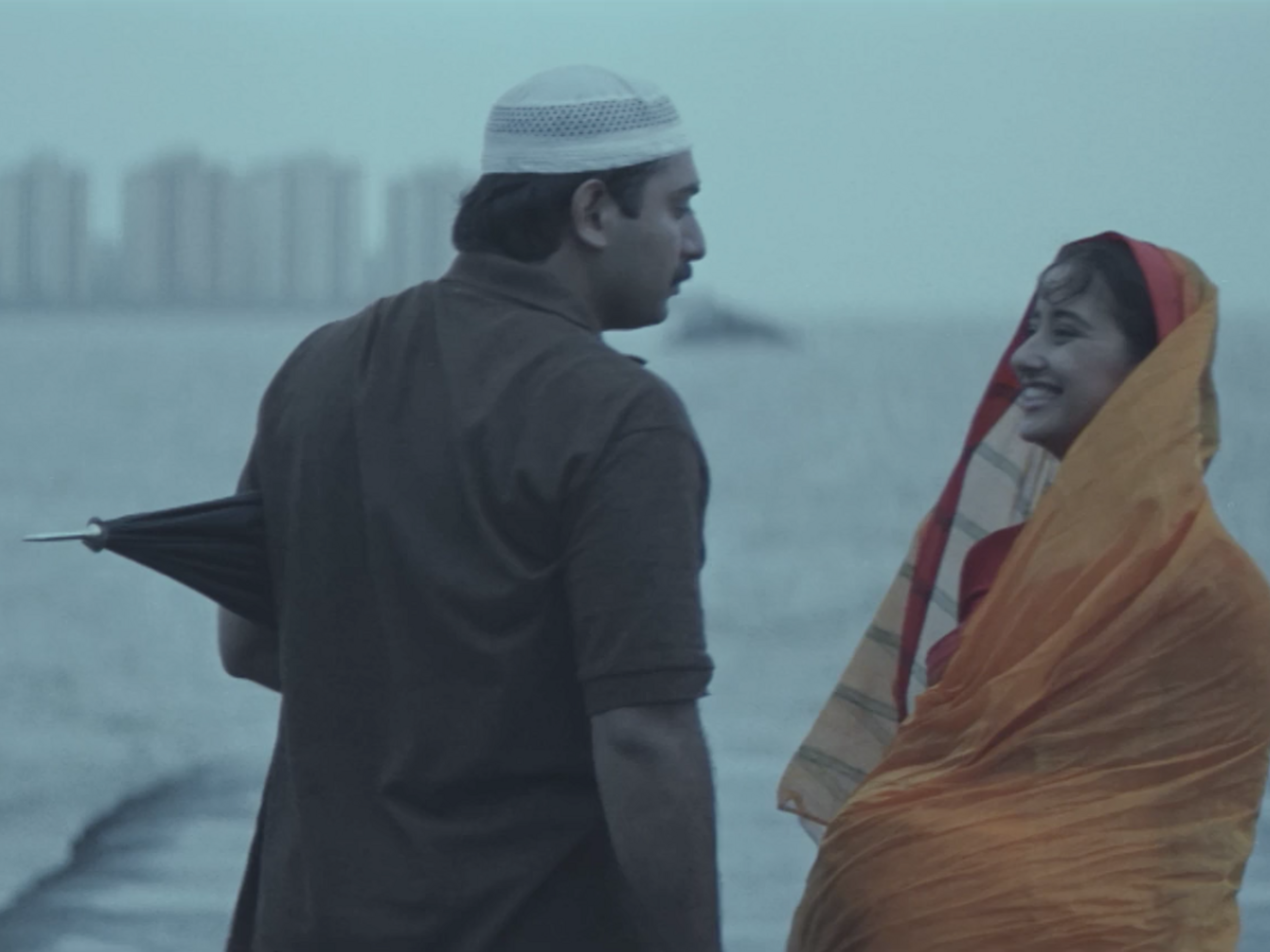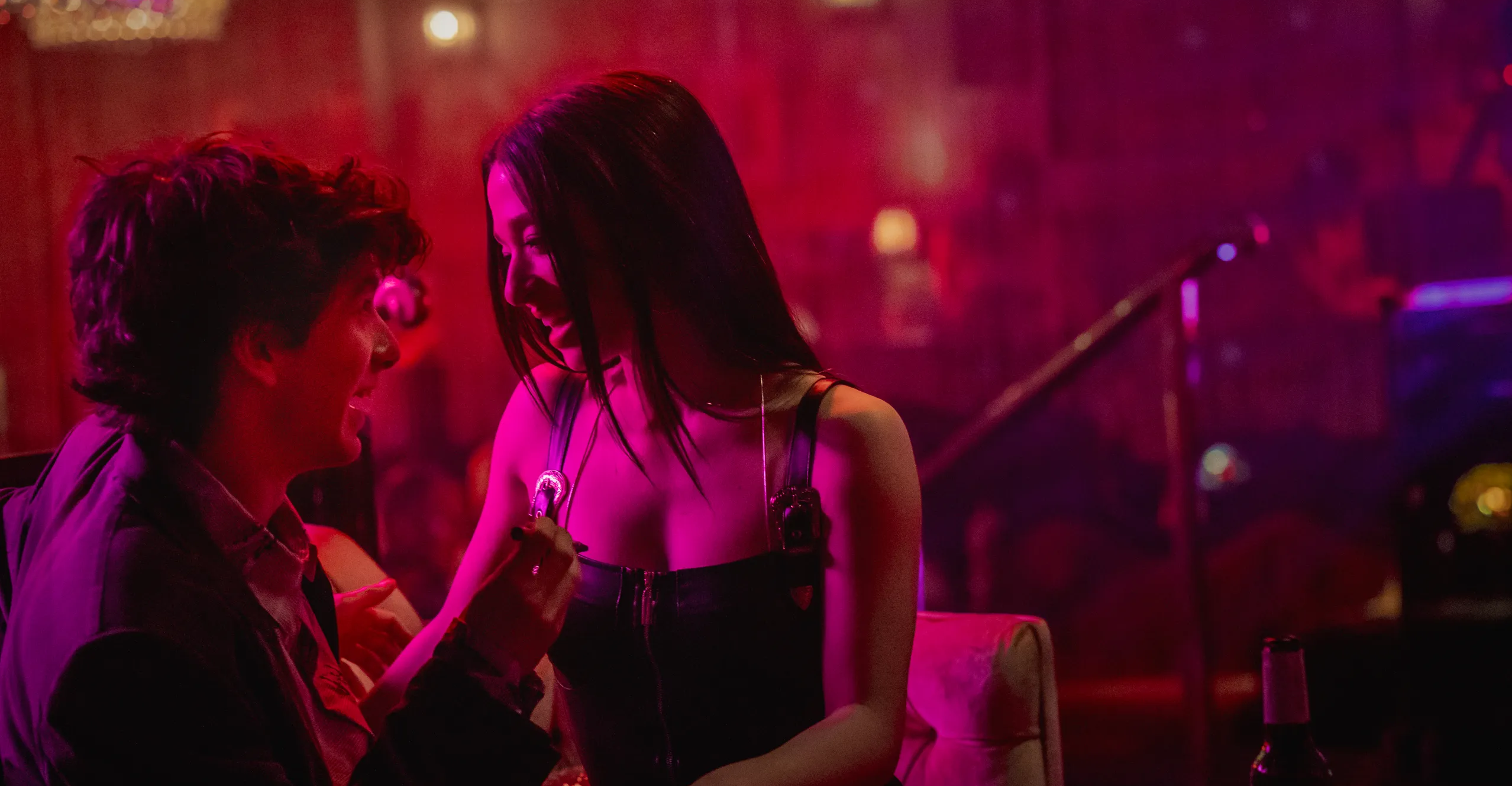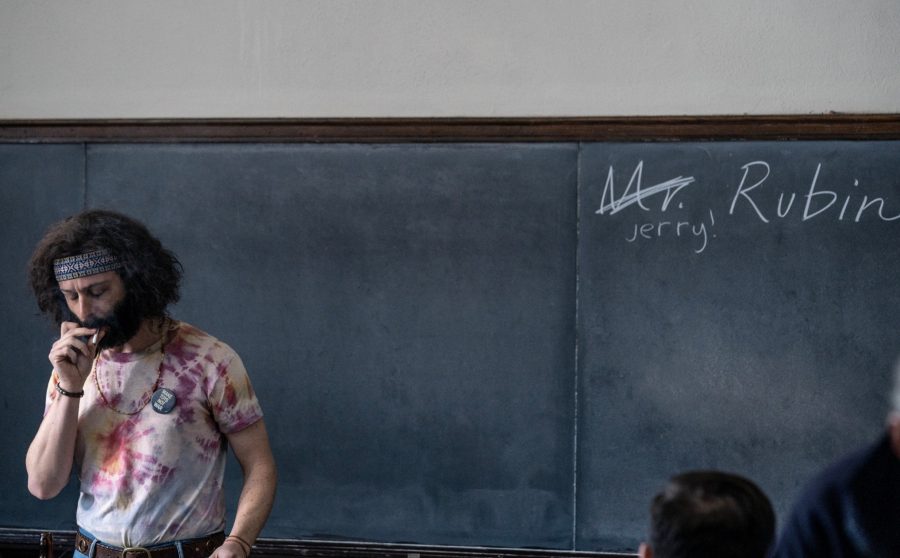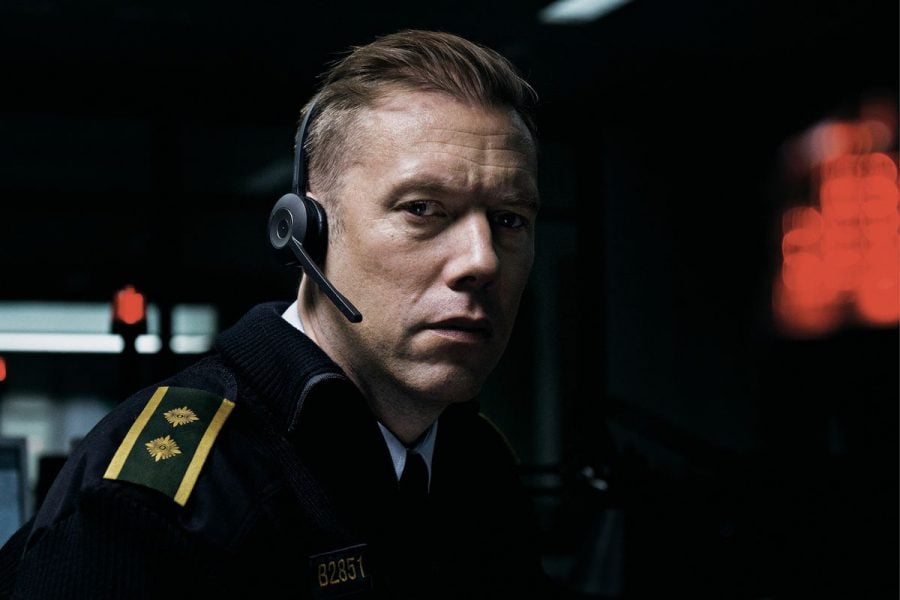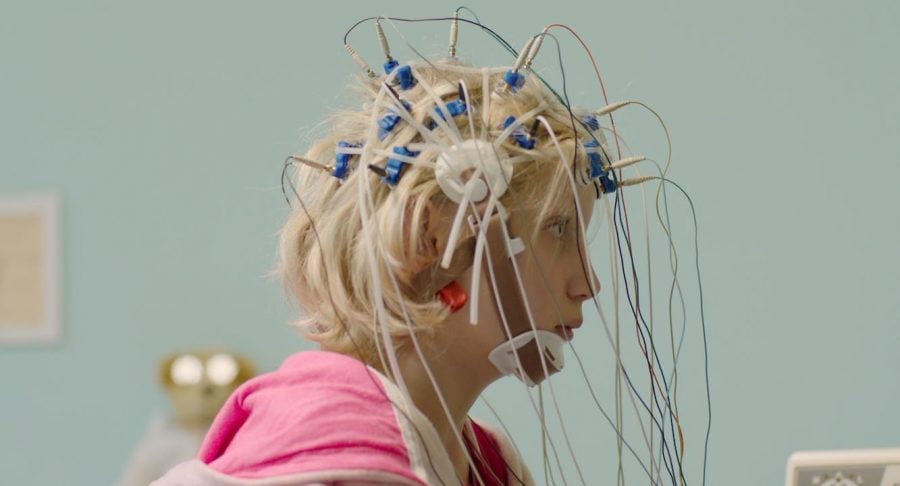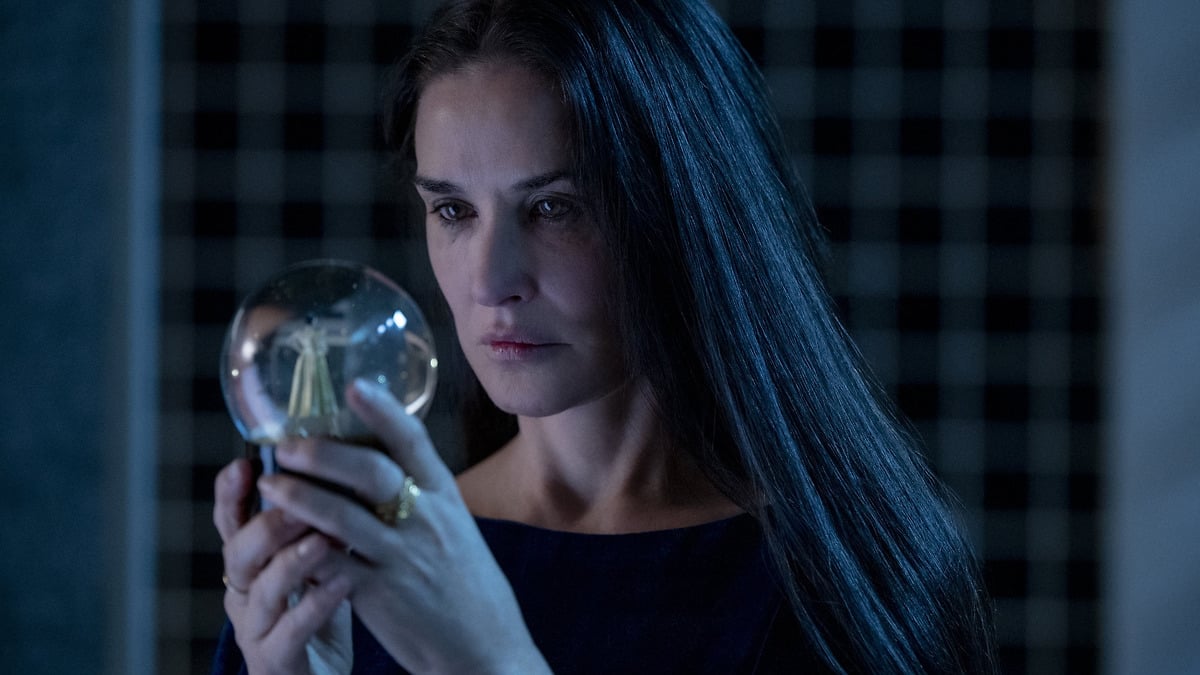Irugapatru (2023)

5.5
Movie
TLDR
Disclaimer: Isn’t actually couples therapy.
What it's about
The take
Starting out with an ad for the protagonist’s practice, Irugapatru clearly advocates for couples therapy and marriage counseling. Dr. Mitra even recommends it as a preventative measure, not just as a cure. However, this well-meaning objective doesn’t feel like it’s been met. The film showcases common fights and situations that any couple might be familiar with, but these instances come and go without seeing any development within each marriage. It dumps a set of psychology theories and therapeutic strategies that might be useful, but it seems to come out of nowhere. But most of all, these relationships don’t feel real, because the characters themselves don’t feel like people, they feel like examples. Because of this, Irugapatru doesn’t really explore couples therapy, it only prescribes it without recognizing the love that was lost.
What stands out
Irugapatru clearly aims to increase awareness in couples therapy – the first ever scene is a whole advertisement for Dr. Mitra’s practice. That being said, the film feels more like a collection of instructional examples, rather than three cohesive vignettes. Part of it is due to the ever-so-frequent transitions. However, part of it is mainly through the unclear or faulty characterizations. We don’t have any foundation for each of the relationships, so each time there’s a new revelation, it's told to us before it's shown to us, so it feels like it’s pulled out from nowhere. It feels like the only reason we should care is that the film has a stance against divorce. It’s still helpful as a set of examples and potential strategies, but it would have made a better case for couples therapy if we saw who these couples are, and what made them marry in the first place.
Comments
Your comment
UP NEXT
UP NEXT
UP NEXT
Curated by humans, not algorithms.

© 2025 agoodmovietowatch, all rights reserved.


